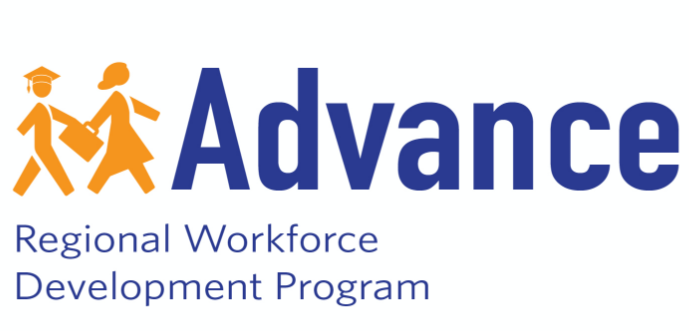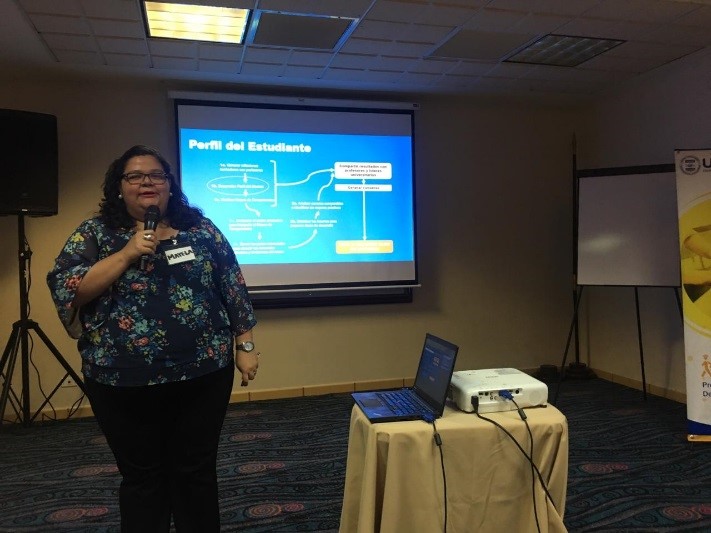Improving curricular revision processes in Honduras to strengthen technical degree programs
June 24, 2019
In December 2018, the Advance Program in Honduras designed and implemented a workshop for 32 faculty and staff from the technical degree programs Auxiliary Nursing and Web Design & Development at the Centro Universitario Tecnologico (CEUTEC). The objectives for this event were two-fold, (1) work on the curriculum development of the two degree programs Advance provides support to and (2) provide a professional development activity for faculty who are not part of curriculum design & development at the university.
Curriculum development is a priority for the Advance Program and for its partner universities, in an effort to offer high quality and market relevant technical degree programs to incoming students. By participating in this process, faculty and staff strengthen skills in curriculum design while on the other hand, improvement processes in curriculum development are put into place at the university. This should be done with an intervention that is collaborative and focused on evidence that promotes a sustainable process. With this in mind, 26 professors and 6 non-teaching staff from the departments of Curriculum Development and Professional Development at CEUTEC, came together for an interactive workshop.
As an additional opportunity for professional development, the Advance Program invited the Director of Curriculum Development at CEUTEC, Mayela Tejeda, to co-facilitate the workshop. Ms. Tejeda has been an active participant of other Advance professional development activities such as the international Study Tour where she had the opportunity to experience firsthand and hear from leading institutions in tertiary technical education on the topic of curriculum design and development.
The 3.5 hour workshop, led by the Advance Program Country Director of Honduras, allowed participants to reflect on key principals of tertiary technical education and the degree programs that they directly participate in. Participants proposed action items to improve academic study plans in the short term. These action items are related to the design of academic plans, the proportion between practice and theory seen in the classroom, methods of evaluation, labor bridging, characteristics of students and the incorporation of socioemotional skills. Because of the participative methodology of the workshop, the Program collected experiences and previous knowledge of the participants in relation to students’ profiles (motivations, interests and skills), job placements desired by graduates and the competencies that are required to be obtain these positions.
The workshop was well received and because of its success it will be offered at the other two partner universities, UCENM and UNAH. In this manner, the intervention is held at each university prior to considering a joint workshop and exchange between the three universities following a participative and reflective methodology. In the short and long term, each university will be able to consolidate the work structure in this area by assigning responsibilities across team members and having joint follow-ups to share advances.

